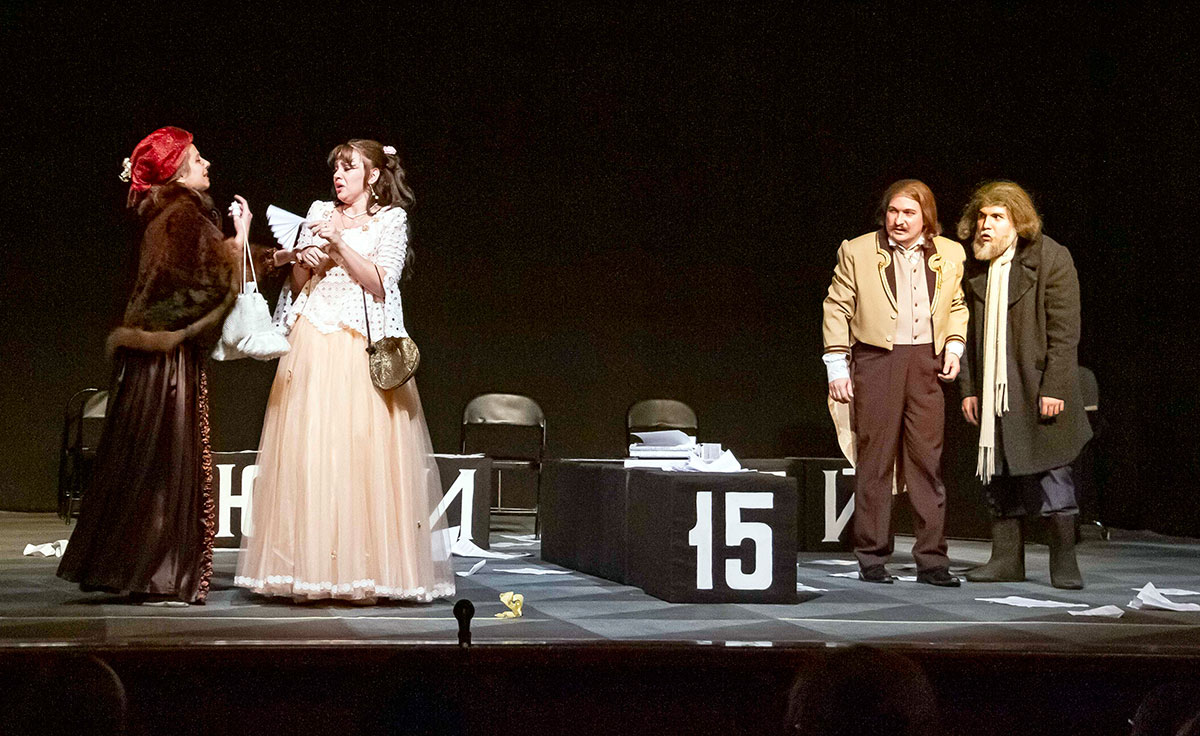The Fine Arts Exhibition Center of the Ministry of Culture of Turkmenistan hosted a personal exhibition in honor of the 55th anniversary of Berdi Charyev, a member of the Union of Artists of Turkmenistan.
 |
 |
The artist has presented around 100 paintings. During the congratulations from friends, colleagues, and art enthusiasts, a journalist asked the celebrant, "Who is your idol among artists?" Without hesitation, Berdi Charyev answered, "Vermeer." This seemed strange at first glance since there appears to be nothing in common between the works of Berdi Charyev and the 17th-century Dutch painter. But that's only at first glance.

Take, for example, the famous Dutch painting "Girl with a Pearl Earring." In it, we see not only the girl but also her dreams of a loving husband and a strong family. In other words, there is a subtext in the work. The same happens in Berdi Charyev's paintings. They speak to viewers; you just need to know how to "listen" to them. For instance, in one of the exhibited works, a woman is tying up a wayward goat at home.

Or consider two paintings: one depicts a trio of folk instrument musicians, and the other shows the same trio 20 years later. Berdi Charyev wanted to convey that musicians may age, but music does not.

Perhaps the most expressive painting is "Unused Opportunities." The artist depicted two young women sitting at a bus stop next to a road sign shaped like an egg. An elderly man with an empty baby carriage crosses the road nearby. At first glance, it is difficult to logically connect all these elements.
However, if you think carefully, you might assume that this stop is not for buses but for their lineage. Many young women become so focused on their careers that they push family values to the background and eventually end up without families. Their father tragically experiences the absence of grandchildren.

Advice for visitors: if you come to Berdi Charyev's exhibition, you should carefully look for subtexts in each work, and you will surely find them.









